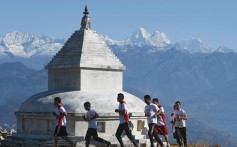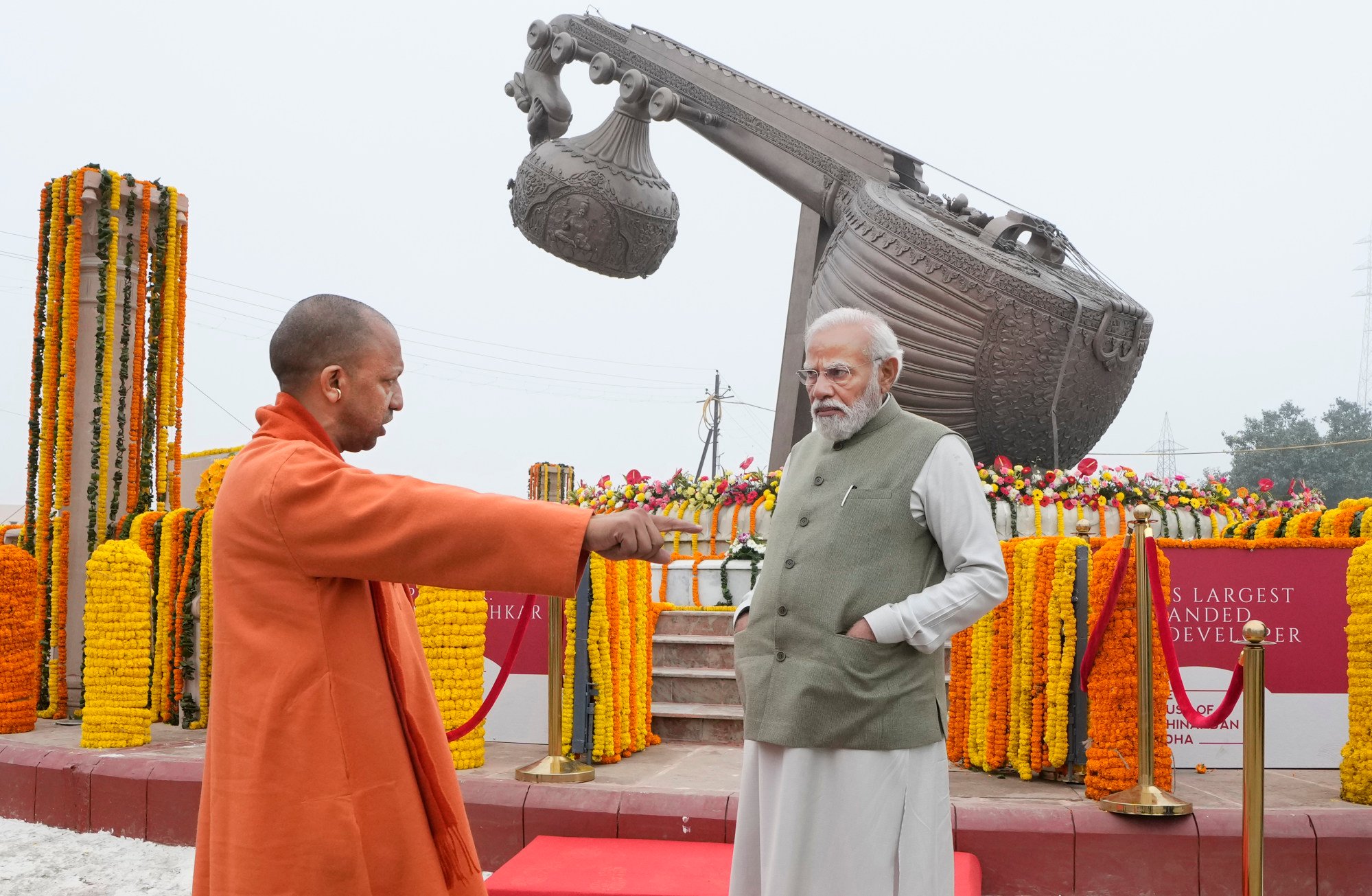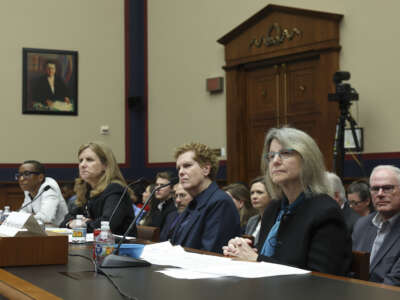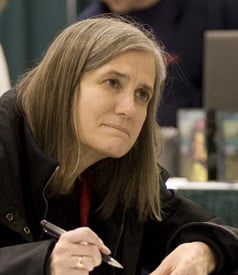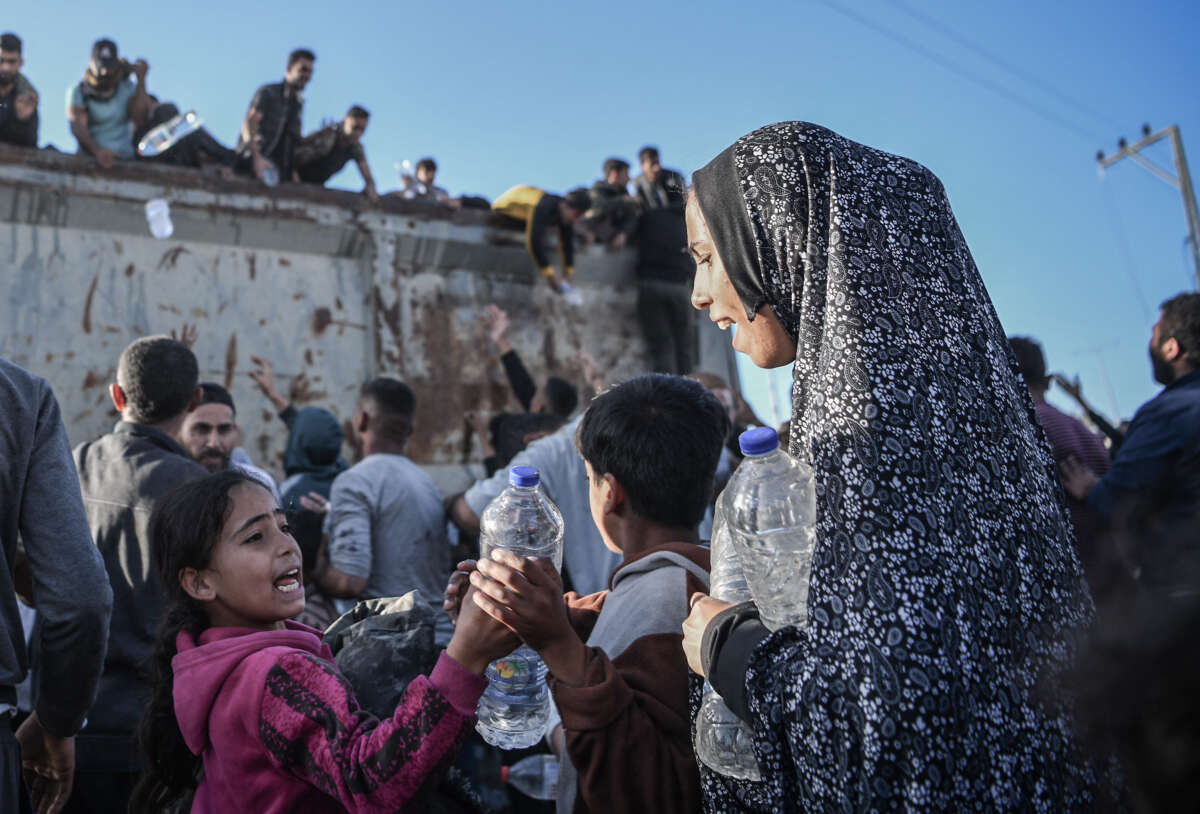'No abnormalities' reported at Japanese nuclear plants following earthquake
02 January 2024
Japanese nuclear power plant operators have reported some minor damage, but no public safety issues, following the 7.6 magnitude earthquake which struck Ishikawa Prefecture on Monday.
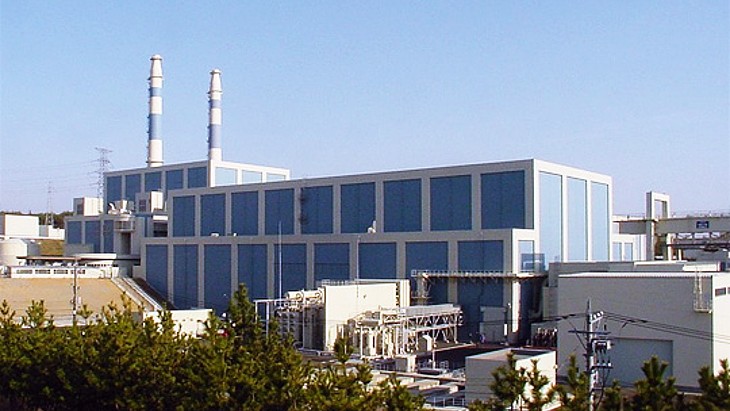 A file image of the Shika nuclear power plant (Image: Hokuriku)
A file image of the Shika nuclear power plant (Image: Hokuriku)The International Atomic Energy Agency said it was in contact with Japan's Nuclear Regulation Authority and had been told there were "no abnormalities in nuclear power plants within the affected area", adding that the agency would continue to monitor the situation.
By Tuesday at 13:00 GMT the earthquake, the largest since 2011, was known to have caused the deaths of 48 people, with rescuers continuing to search rubble for survivors.
The closest nuclear power plant to the epicentre of the earthquake was Hokuriku Electric Power Company's Shika plant, which has been shut since the Fukushima Daiichi accident in 2011. With aftershocks continuing, regular inspections are taking place at the plant, but no major damage has been reported, with cooling and monitoring systems all operating, the company said.
A leak has been identified and is being investigated in a water tank which feeds the cooling ponds, although the operator says it is not affecting the cooling functions at the plant. There has also been a tilting by several centimetres of part of the four-metre-high steel seawall, but the rest of it is reported to be "sound and there is no risk of collapse". The automatic fire extinguishing system had been activated in the area of a transformer near unit 2, although no fire was detected.
The Japan Times reported that at Tokyo Electric Power Company Holdings' (Tepco) Kashiwazaki Kariwa nuclear power plant officials "confirmed Monday that water from a spent fuel pool spilled over due to the earthquake, but that no abnormalities in operation had been detected". In an update issued on Tuesday, Tepco said: "At the Kashiwazaki-Kariwa nuclear power plant, the readings on the stack monitors and monitoring posts installed at the power plant site boundaries are within normal fluctuation ranges, and there is no radioactivity impact on the outside world. The spent fuel pool cooling system is in operation at all units, and there are no abnormalities in fuel cooling. As of 12:25 pm on 2 January, all patrols had been completed and no abnormalities caused by this earthquake were confirmed."
Prior to the March 2011 accident at the Fukushima Daiichi plant, Japan's 54 reactors had provided around 30% of the country's electricity. However, within 14 months of the accident, the country's nuclear generation had been brought to a standstill pending regulatory change with new safety checks and regulations brought in. So far, 12 of Japan's 33 operable reactors have cleared inspections confirming they meet the new regulatory safety standards and have resumed operation. Another 17 reactors have applied to restart.
NRA lifts ban on Kashiwazaki-Kariwa fuel activities
02 January 2024
Japan's Nuclear Regulation Authority (NRA) has decided, at a meeting on 27 December, to lift an administrative order imposed on Tokyo Electric Power Company (Tepco) in 2021 that prohibited the company from moving nuclear fuel or loading it into reactors at the seven-unit Kashiwazaki-Kariwa nuclear power plant.
.jpg?ext=.jpg) The Kashiwazaki-Kariwa plant (Image: Tepco)
The Kashiwazaki-Kariwa plant (Image: Tepco)
Tepco applied for NRA approval of its design and construction plan for Kashiwazaki-Kariwa units 6 and 7 in September 2013. It submitted information on safety upgrades across the site and at those two units. These 1356 MWe Advanced Boiling Water Reactors began commercial operation in 1996 and 1997 and were the first Japanese boiling water reactors to be put forward for restart.
In 2017, Tepco received permission from the NRA to restart units 6 and 7. Local government consents are still required before the reactors can be restarted.
However, in January 2021, Tepco notified the NRA that a contractor had accidentally damaged intruder detection equipment at the Kashiwazaki-Kariwa site. The company informed the regulator the following month that some of the functions related to this equipment had been repaired. At that time Tepco said it had also found malfunctions in intruder detection equipment at 12 locations on the site and that alternative measures had been implemented. Tepco later informed the NRA of three further locations experiencing equipment malfunctions. In addition, it reported the unauthorised use of an ID card.
The NRA told Tepco in March 2021 that a preliminary assessment had rated the significance of these security lapses as 'red' - the highest level on its four-point scale of risks in safeguarding nuclear material. This rating implies a large impact on safety functions or performance. The NRA decided to "suspend for the time being" its pre-use inspections, which are required for Tepco to load fuel into Kashiwazaki-Kariwa unit 7.
The following month, the NRA issued an administrative order to Tepco prohibiting it from moving nuclear fuel at the plant until improvements in security measures there have been confirmed by additional inspections.
At the 27 December meeting, the NRA decided to lift the administrative order after inspections confirmed that measures had been enhanced at the Kashiwazaki-Kariwa plant, in Japan's Niigata Prefecture.
Kashiwazaki-Kariwa was unaffected by the March 2011 earthquake and tsunami, which damaged Tepco's Fukushima Daiichi plant, although the plant's reactors were previously all offline for two to three years following the 2007 Niigata-Chuetsu earthquake, which caused damage to the site but did not damage the reactors themselves. While the units were offline, work was carried out to improve the plant's earthquake resistance.
Although it has completed work at the other idled units at Kashiwazaki-Kariwa, Tepco is concentrating its resources on units 6 and 7 while it deals with the clean-up at Fukushima Daiichi. Restarting those two units - which have been offline for periodic inspections since March 2012 and August 2011, respectively - would increase the company's earnings by an estimated JPY100 billion (USD706 million) per year.
"While going back once again to the reflections and lessons learned from the Fukushima Daiichi Nuclear Power Station Accident, we will continue to engage in activities in which all personnel voluntarily engage as we strive to become a nuclear power operator that is trusted by the people of the region and society as a whole," Tepco said.
Researched and written by World Nuclear News
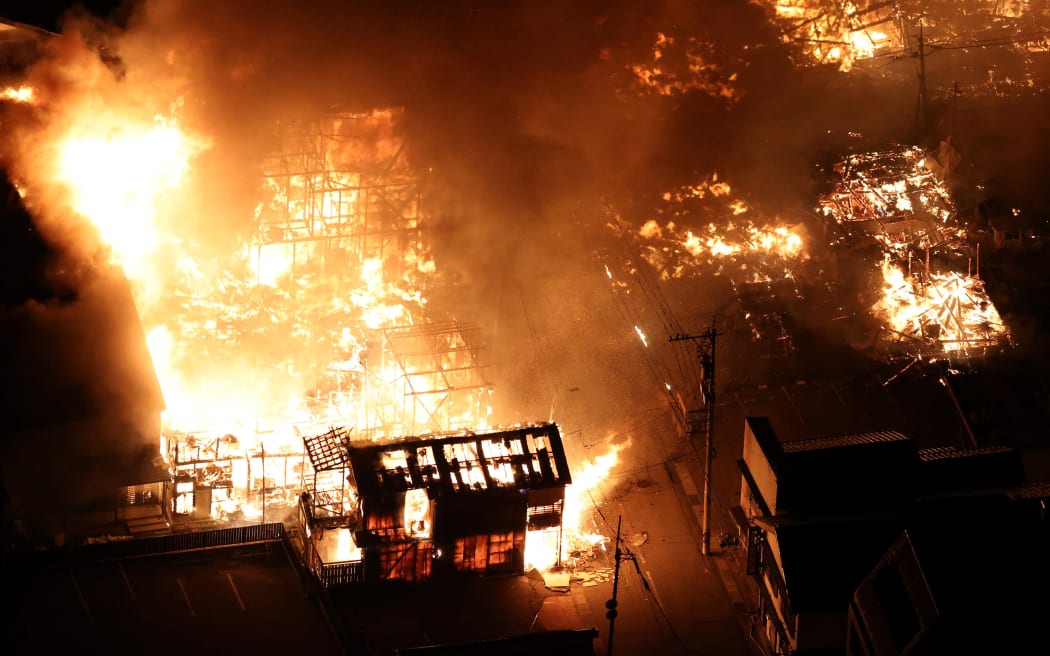
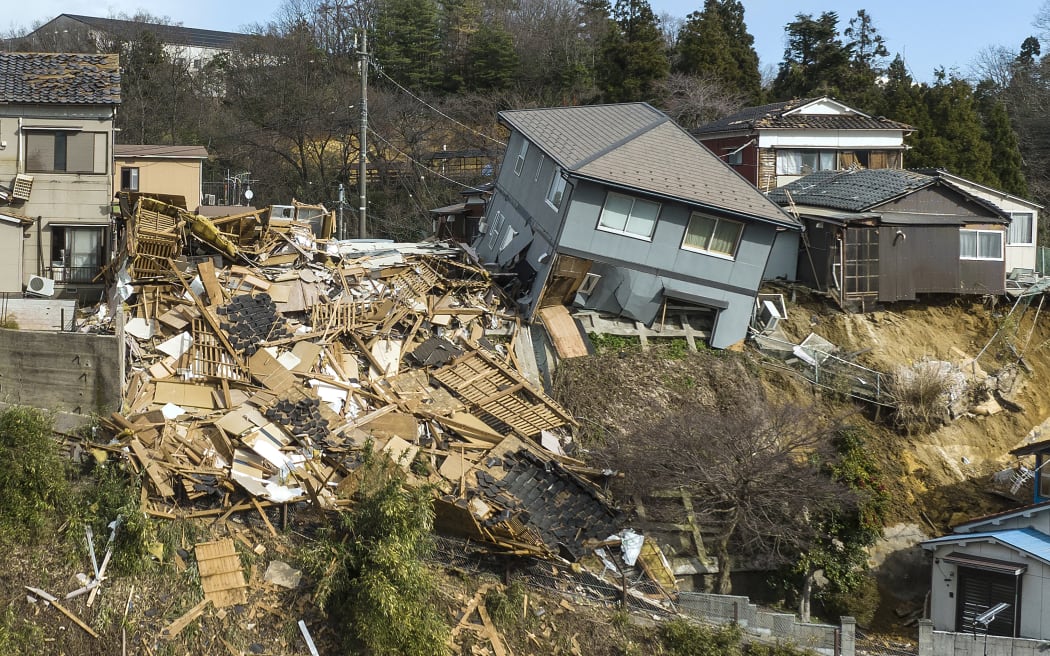
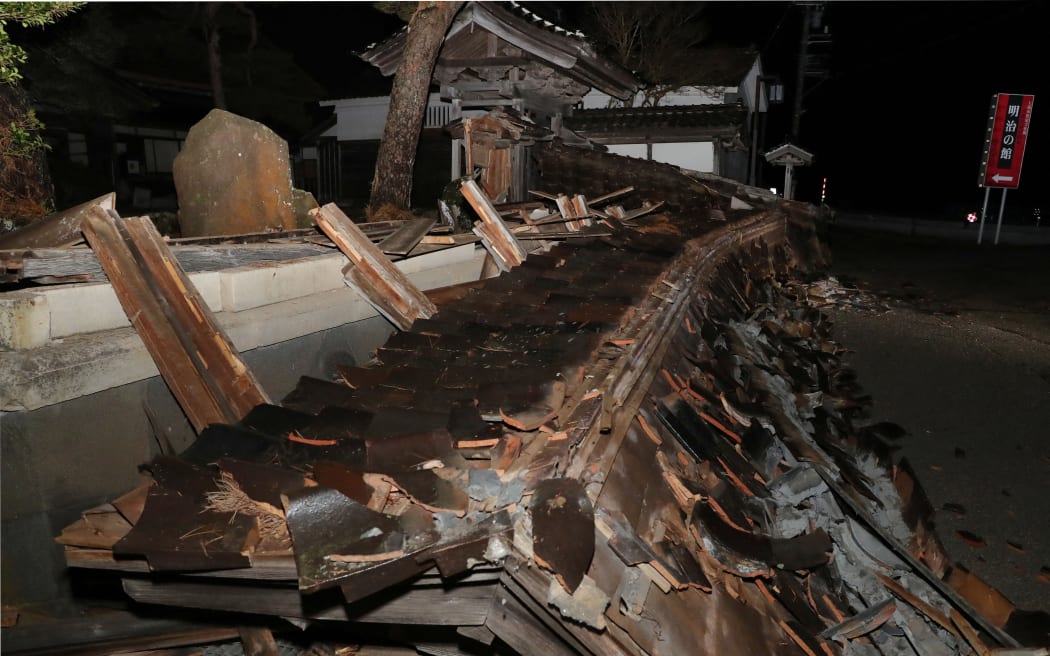



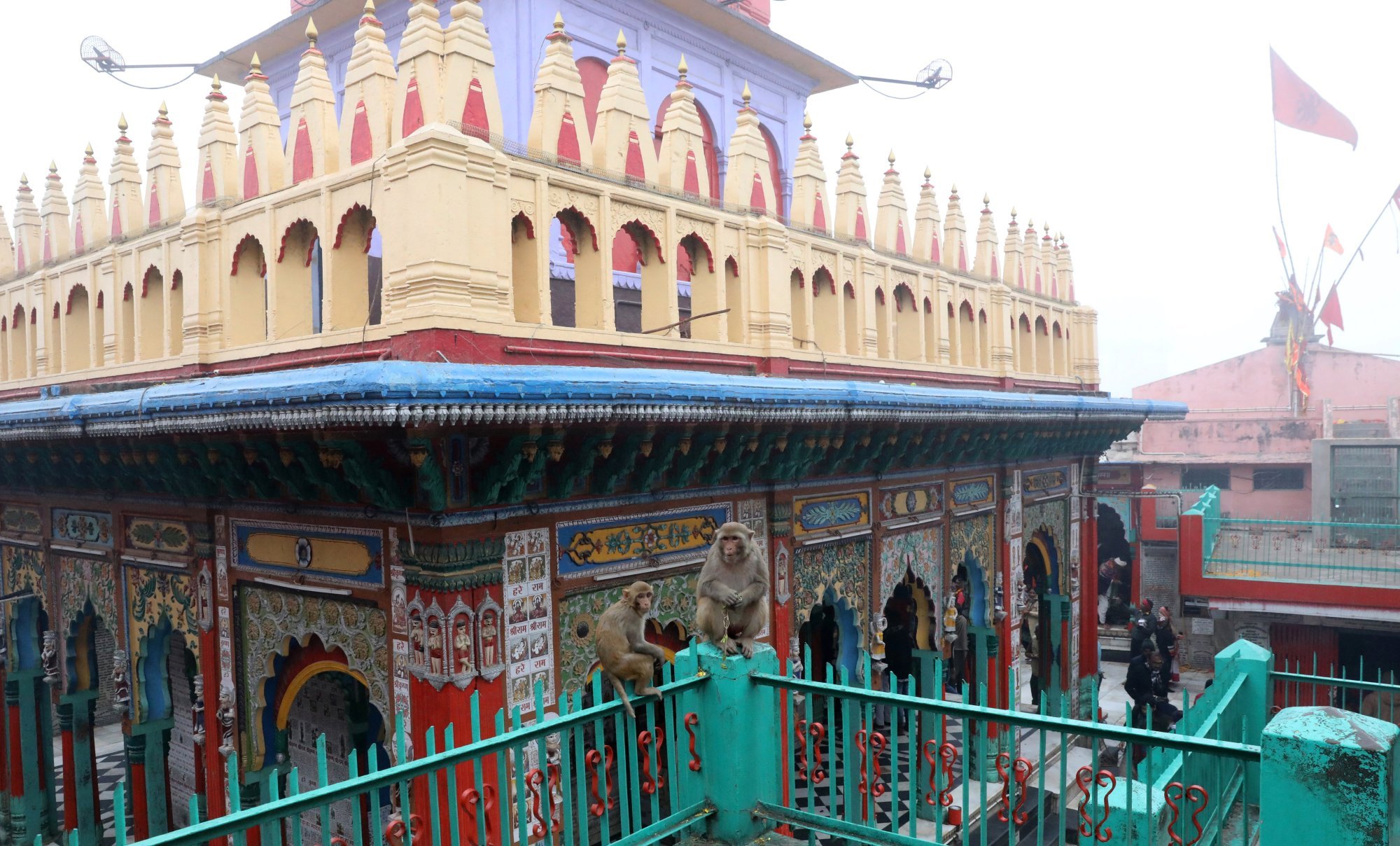

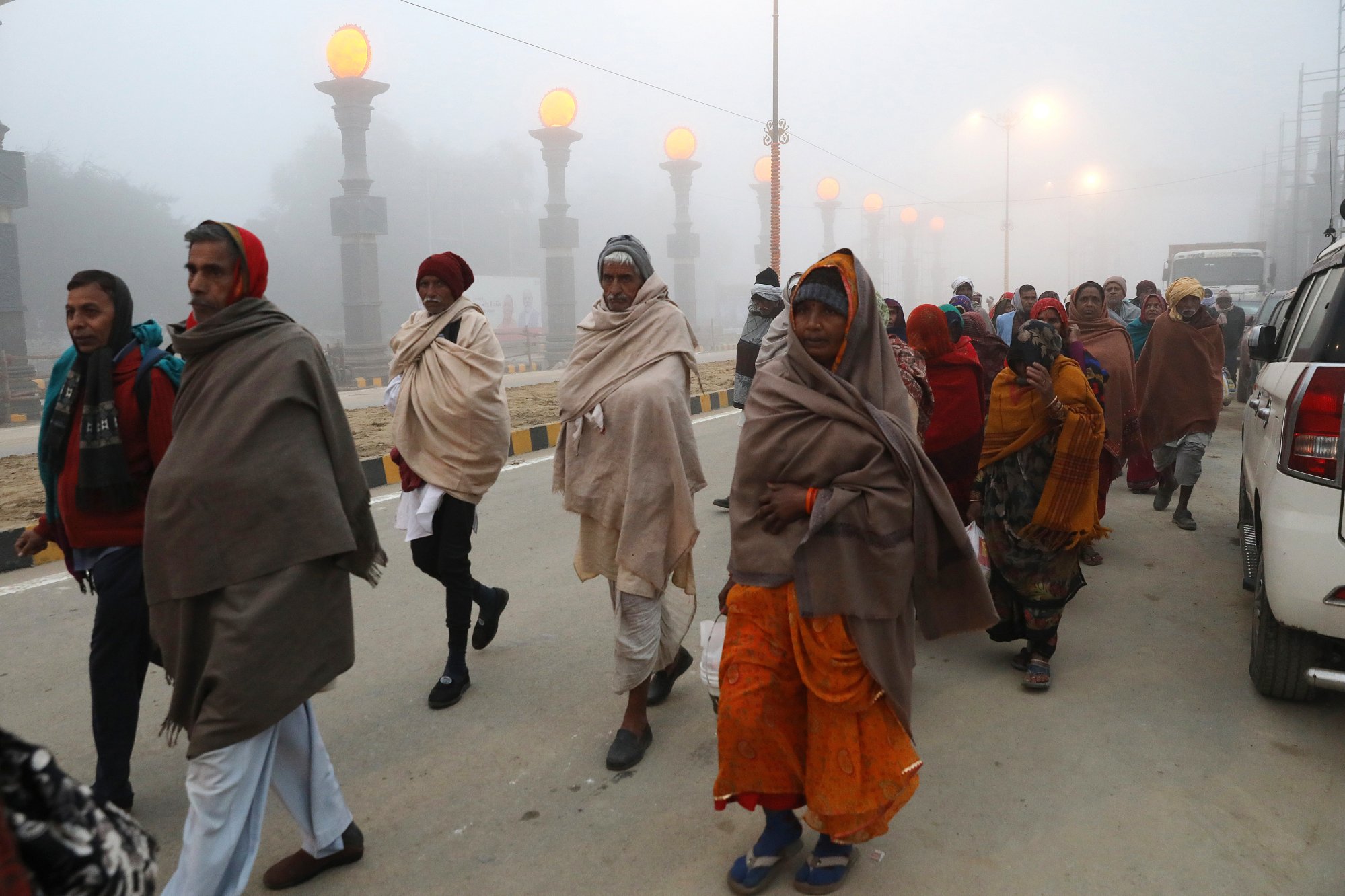 Indian Hindus arrive to take a dip in the Sarayu river in Ayodhya on Friday. Photo: EPA-EFE
Indian Hindus arrive to take a dip in the Sarayu river in Ayodhya on Friday. Photo: EPA-EFE